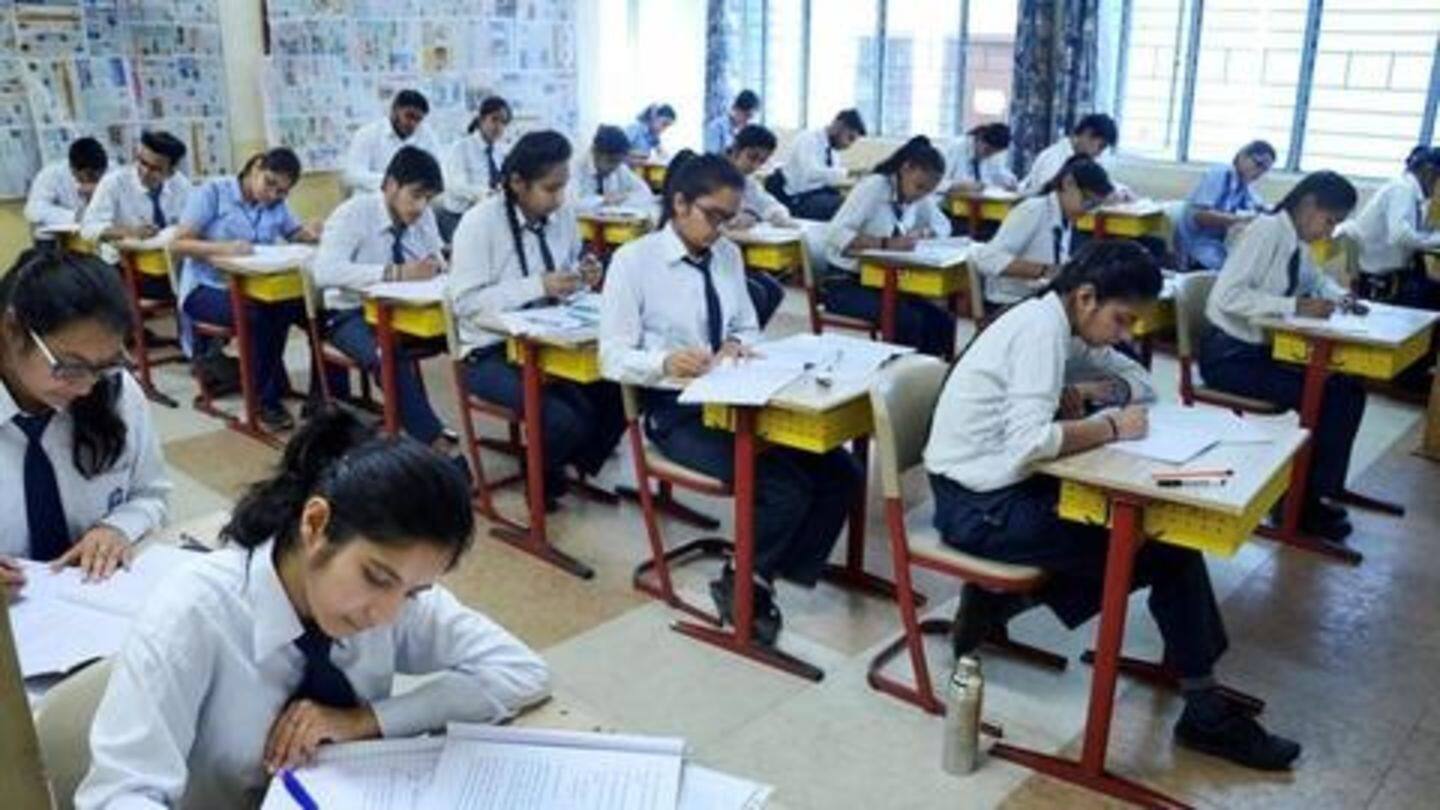
#CBSE2019: Last-minute preparation tips for Class-10 Social Science board exam
What's the story
The CBSE Class 10 Social Science board exam would be held on 29 March and with only a few days to go, students must be well-prepared by now. But Social Science can be tricky for some. It is also dreaded by many because of the vast syllabus. However, Social Science is important and scoring too. Here are some last-minute tips for Social Science.
#1
Plan your exam preparation methodically, covering all four sub-subjects
At the last-minute, as there are only a few days left for Social Science exam, students must avoid studying/revising without proper planning. They must create a new study plan for the exam, taking into account the number of hours they need for each chapter. Students must plan their preparation methodically, covering the entire syllabus of all four sub-subjects: History, Civics, Geography, and Economics.
Information
#2: Know the marking scheme, weightage distribution
Students should also go through the latest syllabus and know the latest exam pattern, marking scheme, weightage distribution, and questioning trends of the Social Science subject to score high. Knowing the format and how marks would be divided can help students prepare a solid strategy.
#3
Proper revision is key to scoring high in exam
Revision is an important part of preparation and students must revise properly to retain and recall information better during the exam. They must focus on NCERT textbooks which are enough as board exam questions are based on NCERT syllabus. They can use charts or flashcards to memorize dates, events, definitions, etc. Writing down important points while studying can help in quick, last-minute revision.
#4
Focus more on important questions, topics having high weightage
Before the board exam, while it's essential to revise every chapter at least twice properly, students should focus more on the important topics as per weightage. They should also collect questions that are more important or frequently repeated in the board exam and prepare for such questions thoroughly. The question paper will also have a map-based question; so, students must practice map-based questions too.
Information
#5: Solve at least one previous paper or sample paper
Students should also familiarize with the pattern and questioning trends. Though they might not have much time, they must solve at least 1-2 previous papers, or CBSE sample papers, or mock tests. It will also help them score better as certain questions could be repeated.